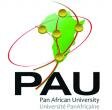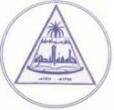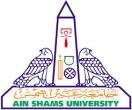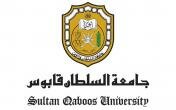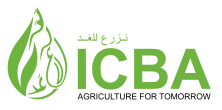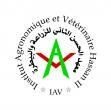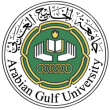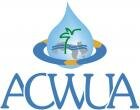
Workshop Participants Stress Need for More Desalination in MENA
Updated Date:
14 March 2016
Related Communities:
The final workshop for the MENA NWC-funded project “The Use of Green Nanoparticles and Biofouling Resistant Agents in Reverse Osmosis Desalination” was held February 24–25 in Morocco.
The two-day event, hosted by the International Institute for Water and Sanitation, National Office for Electricity and Potable Water (ONEE-IEA), included presentations on desalination in Morocco and Jordan. “Desalination of seawater and brackish groundwater is the only solution, it is expected to play an important role in bridging the gap between the available water from conventional resources and an ever increasing demand,” said Dr. Muna Abu Dalo, director of Jordan University of Science and Technology’s (JUST) Queen Rania AL-Abdullah Centre for Environmental Studies and Technology.
The project is unique, according to Abu Dalo, because of its highly collaborative nature. “It brought together researchers from JUST with researchers from ONEE-IEA in Morocco. The University of Rhode Island in the United States, with its expertise in various facets of membrane and nanoparticle technology, was another partner in the project,” she added.
Attendants discussed the desalination perspectives all over the world, and specifically in Morocco and Jordan, and two case studies were presented by ONEE.
Professor Mahmoud Hafsi, ONEE-IEA head of Technology Watch Department, emphasized that the use of desalination as an ultimate and reliable option to satisfy the needs of freshwater is already a reality in the MENA region. “This tendency will be confirmed in the next few years, as an example, in Morocco, the total desalination production will grow from 14 million m3/year in 2014 to 400 million m3/year in 2030,” he said.
Hafsi recommended that the MENA region invest in: 1) building capacity around desalination, 2) optimization and adaptation of desalination technology to local conditions, and 3) developing research and development in desalination. “These goals should be integrated in the implementation of projects by industries and governments,” he said.
The project members discussed the development of biological membranes resistant to clogging and the major outputs from the project—a plan for improving the membrane synthesis process for mitigating fouling, as well as the future collaboration between the Jordanian and Moroccan teams for the second phase of the project.
The trip included a visit to Ibn Tofail University and a school in Kenitra. Participants visited the chemistry laboratory in the faculty of science at the university where Professor Mohamed Taky explained the main functions of the laboratory and the systems used in the reverse osmosis process and ultrafiltration of water.
Participants at "The Use of Green Nanoparticles and Biofouling Resistant Agents in Reverse Osmosis Desalination"-Morocco



